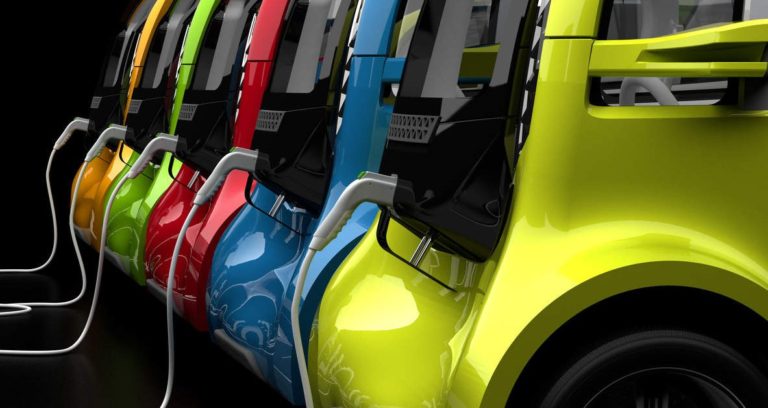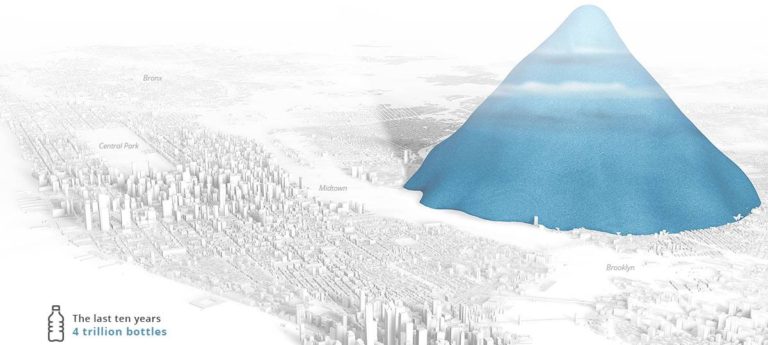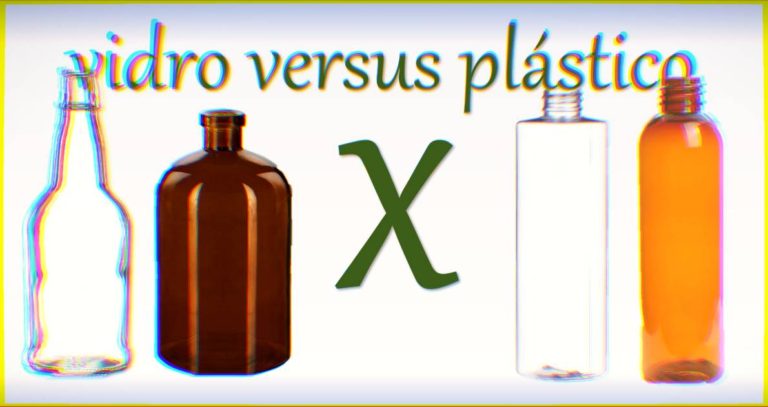Population growth and increased consumption have led to greater waste production in several regions of Brazil, and the Greater ABC region, in the metropolitan region of São Paulo, is a clear example of this phenomenon. Between 2012 and 2014, waste production in Greater ABC increased by 64,62%, according to the State Inventory of Urban Solid Waste. Daily garbage production increased from 1,649 tons to 2,715 tons in just two years, an alarming figure for waste management in the region.
In this post, we will discuss the challenges that this excessive waste production poses to the region's landfills, the public actions taken so far, and how the population can contribute to mitigating the problem. Next, we will explore the main topics related to waste production in ABC and how this issue affects sustainability and the environment.

Increased Garbage Production in ABC
The significant increase in waste production in the Greater ABC region between 2012 and 2014 is alarming, but not unexpected. This increase was driven by several factors, such as population growth and the lack of effective public policies to deal with solid waste management. During the period, the region's population grew from 2.5 million to 2.7 million inhabitants, an increase that directly contributed to waste production.
The problem of waste production goes beyond the growing amount of waste generated. The lack of proper separation of recyclable materials and the increase in the volume of waste that is not properly treated are making the situation worse, filling up the region's landfills faster than expected. Most of the waste could be recycled, but without proper separation, it ends up being sent directly to landfills.
Causes of Increased Waste Production
- Population growth;
- Greater consumption and disposal of products;
- Lack of awareness about separation and recycling;
- Ineffective public policies in waste management.
Pressure on Landfills
With the increase in waste production, the capacity of landfills in Greater ABC is being tested. The region has two main landfills: one in Santo André, a municipal landfill, which receives 650 tons of waste per day, and the Mauá landfill, which is private and receives 3,500 tons of waste daily from several cities, including São Bernardo do Campo, Diadema and São Caetano do Sul.
The Santo André landfill is expected to have a useful life of only eight years, depending on the actions taken to reduce the amount of waste sent to the site. Currently, 25% of the waste sent to this landfill could be recycled. The lack of separation of recyclable waste is an issue that needs to be addressed to extend the useful life of the landfills and, at the same time, promote sustainability.
Impact of Waste Production on Landfills
- Overloading of landfills;
- Reduced useful life of disposal spaces;
- Lack of effective recycling that could extend the life of landfills.
Slow and Ineffective Public Actions
Although the Intermunicipal Consortium of Greater ABC was created in 1990 with the aim of discussing solutions for the waste production In the region, little progress has been made in recent decades. It was only in 2015, 25 years after the creation of the consortium, that concrete actions began to be developed, such as the Regional Solid Waste Plan. This plan aims to integrate the efforts of the seven municipalities in the region to create an efficient waste management system.
One of the goals of the plan is to implement 100% of selective collection by 2017. However, for this to become a reality, intensive environmental education work and raising awareness among the population about the importance of separating waste correctly are necessary. Without this awareness base, the selective collection and recycling goals will be difficult to achieve.
Main Initiatives of the Intermunicipal Consortium
- Preparation of the Regional Solid Waste Plan;
- Target of 100% of selective collection by 2017;
- Focus on environmental education and public awareness.
Low Recycling Rates in Greater ABC
Despite the significant increase in waste production, the recycling rate in Greater ABC is still quite low. Cities like Santo André, which produces 650 tons of garbage per day, recycle only 12% of this waste. São Bernardo recycles around 4.2% of the total waste generated, while Mauá has a goal of reaching 12% of recycling by 2019. These numbers show that the region is still far from taking full advantage of the potential of recyclable materials.
In order to achieve recycling targets, it is necessary to expand the sorting and selective collection infrastructure. Many cities, such as Mauá, need to increase the number of recycling points and voluntary drop-off points. The lack of infrastructure is one of the biggest obstacles to recycling in the region, which results in a large part of recyclable waste being disposed of in landfills.
Recycling Challenges in Greater ABC
- Low recycling rates in cities;
- Lack of infrastructure for sorting and selective collection;
- Large volume of recyclable waste being disposed of in landfills.
Local Population Initiatives
While public policies advance slowly, many residents of Greater ABC have mobilized to contribute to reducing waste production and raising awareness about the destination of waste. One example of this is food stylist Denise Guerschman, from Santo André, who, together with other residents, created a web series called “Luxury Waste”, where they test recipes using food that would normally be thrown away. This initiative aims to raise awareness about the importance of reducing food waste and finding new ways to use it.
Another example is the couple Anna Maria Munhoz and Juliano de Paula Silva, from Mauá, who, after the birth of their daughter, adopted recycling as a constant practice in their lives. They are concerned about passing on sustainable values to their daughter and encourage other families to do the same. In addition, Ricardo Ricchini, from São Caetano, has maintained two recycling websites since 2000, promoting awareness about the reuse of materials and the creation of art from recyclables.
Examples of Individual Actions
- “Luxury Waste” web series to raise awareness about food waste;
- Families that adopt recycling as a daily practice;
- Art and education initiatives with recycled materials.
The Future of Waste Management in Greater ABC
The increase in waste production in Greater ABC requires fast and effective solutions to avoid overloading landfills and promote sustainability. Although the Intermunicipal Consortium has started to take action, there is still a long way to go before the region can adequately deal with solid waste management.
Recycling needs to be expanded, and environmental education must become a priority to ensure that the population understands the importance of separating waste correctly. In addition, it is essential that new selective collection and sorting infrastructures are implemented so that cities can achieve the established goals.
A waste production continues to grow, but with coordinated actions between government, companies and citizens, it is possible to create a more sustainable future for Greater ABC. Only in this way will it be possible to reduce the environmental impact caused by inadequate waste management and ensure the preservation of the environment for future generations.
A Sustainable Path for Greater ABC
A waste production increases by 64% in ABC, but the problem goes beyond the numbers. The lack of infrastructure, awareness and effective public policies aggravates the situation of landfills, which are overwhelmed. However, there is hope. With the implementation of the Regional Solid Waste Plan and the support of the local population, it is possible to transform the way waste is managed in the region and ensure a more sustainable future.
Environmental education and awareness about waste separation are essential steps in this process. If everyone does their part, Greater ABC will be able to reduce its waste production and become an example of sustainability and innovation in waste management.
Check out other interesting facts about recycling clicking here.
Learn how to make art by recycling, Click here.




I live here in São Bernardo… What I thought was cool was that this year the selective waste collection for recycling started to happen more frequently. A great initiative by the city government.
Now there has to be something to make the population aware of producing less waste too.
My friend Ricardo, I have the solution for all these problems that complies with Law 12,305 of the Ministry of Cities and the Environment Secretariat. If you want to participate as our collaborator, it will be a great pleasure, just convince the Chief Mayor: Marinho that we can solve it in a snap of our fingers. We will solve not only the ABC but the GREATER ABC, for us the more trash the more electricity we produce, detail = we do not participate in the Trash Mafia, private landfills called CONTROLLED SANITARY LANDFILLS and most importantly = WE DO NOT GIVE BRIBES, PIXULECO OR ACARAJÉ.
Next: we select all recycled materials and they will be sent to recovery industries…………..400 direct jobs and 600 indirect jobs….